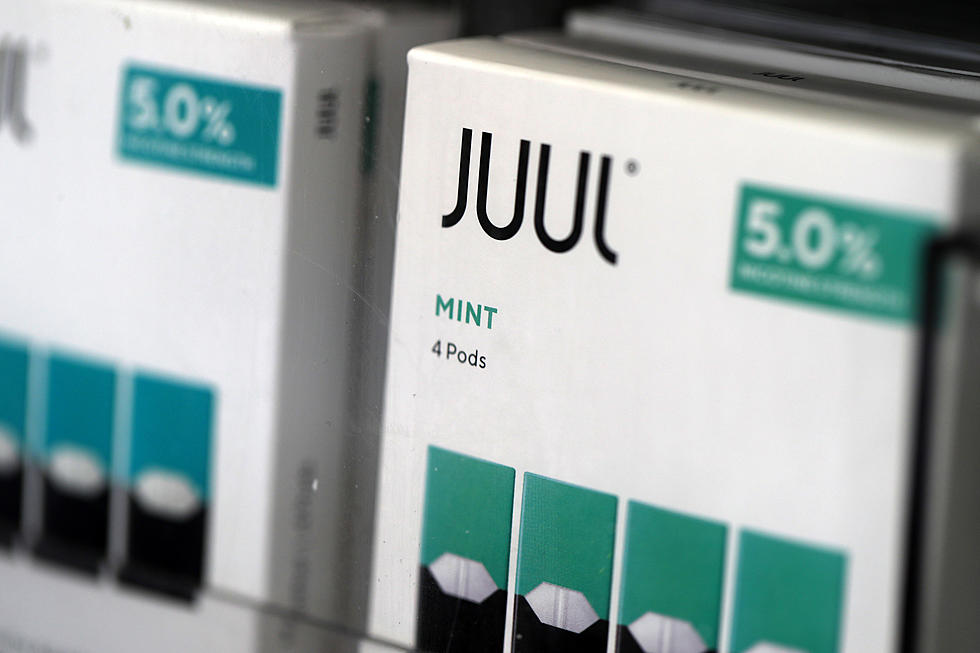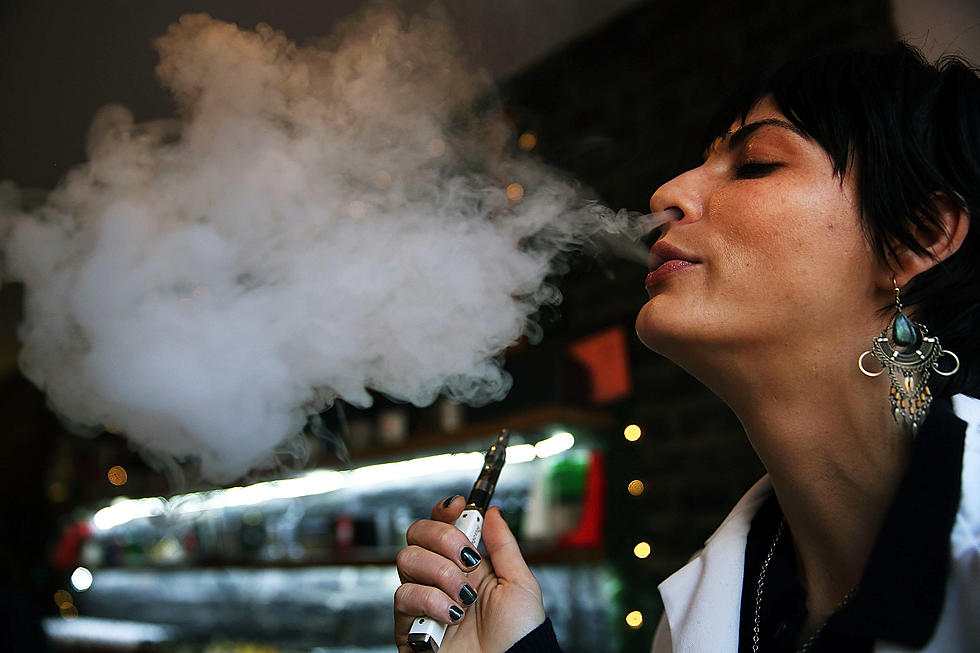
E-cigarette use among NJ teens may be higher than we think
Rutgers researchers have found that some New Jersey high school students who use the popular e-cigarette brand Juul don't consider themselves e-cigarette users.
Dr. Mary Hrywna, assistant professor at The Center for Tobacco Studies and the Rutgers School of Public Health, said
The study is based on the New Jersey Youth Tobacco Survey of public high school students, done every two years. Dr. Mary Hrywna, assistant professor at The Center for Tobacco Studies and the Rutgers School of Public Health, said the survey first introduced specific questions about the Juul brand to 4,183 public high school students in 2018.
It found estimates of electronic cigarette use were dramatically higher when the definition specifically included the Juul brand.
Hrywna said when the questions specifically asked about Juul, the prevalence was much higher among female high school students and African-American high school students. She added these were groups who historically reported lower rates of e-cigarette use.
So why don't high school-aged Juul users consider themselves e-cigarette smokers?
Hrywna said "juuling" is considered a verb now, and that may lead to some of the confusion. Young people say "juuling" instead of referring to e-cigarettes more broadly.
One of biggest attractions of e-cigarettes to teens is that they're easy to use, Hrywna said. They're small and high-tech looking, and it makes the product easy to conceal, she said.
These devices produce much less vapor and odor than other electronic cigarettes as well, she said.
She said with Juul, nicotine salts allows for the delivery of higher concentration of nicotine, with a lot less harshness than traditional tobacco products or other e-cigarettes.
The study also found that current and frequent e-cigarette use was highest among 12th-grade students, with one out of 10 high school seniors reported using e-cigarettes on 20 or more days in the 30 days preceding the survey.
In April, New Jersey's ban on flavored e-cigarettes goes into effect, but Hrywna said it won't likely eliminate the problem. She said kids may be attracted to the flavors, but the main attraction is the nicotine.
She said she does not think it would take long for kids to find their way to other high nicotine e-cigarettes.
A multi-pronged approach is also needed to help reduce the appeal and access of these products to young people, Hrywna said. It could include restricting where the products are sold, limiting the amount of nicotine allowed in e-cigarettes and eliminating flavors in other tobacco products including cigarettes and cigars, she said.
More Jersey Shore News:

More From 94.3 The Point










